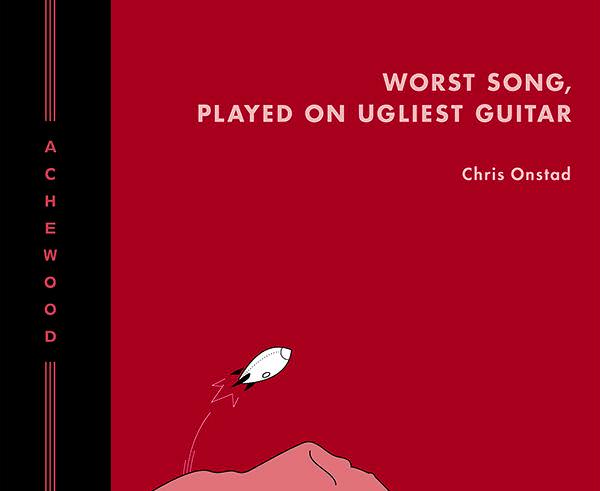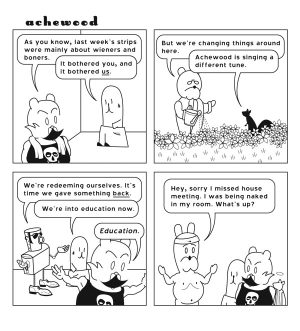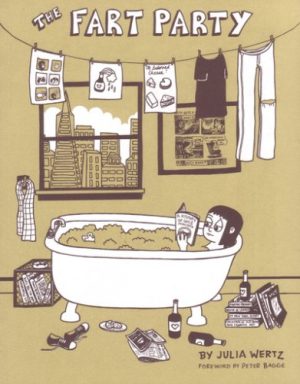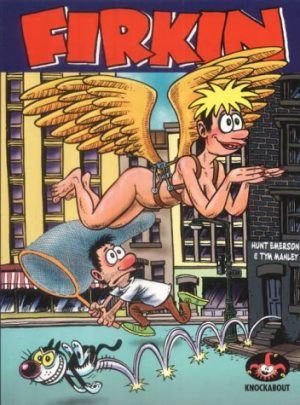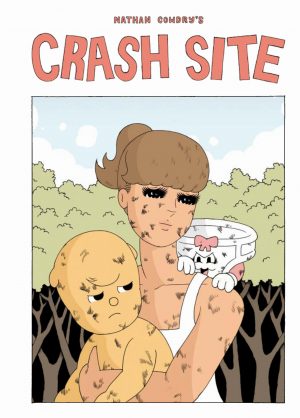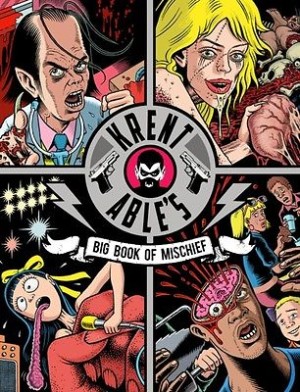Review by Frank Plowright
Achewood began life as a webcomic, and features a large cast so often shrouded in uncertainty. Who are they? Why would they say that? What does it mean? For those willing to go with the flow the rewards are high and frequent, but crucially only when creator Chris Onstad had solidified a vision of what Achewood should be, and that was still some while away from these earliest strips.
They’re not presented chronologically, the first strips earning their own heading and closing the selection, while the book starts by picking up three months into the continuity. Bizarrely the strip after which the book is titled doesn’t feature, carried over instead to A Home For Scared People. If that seems haphazard, there is at least improvement from The Great Outdoor Fight for including Onstad’s inventively individual strip titles and the addition of his comments on every strip. He’s honest about the quality of some, yet also surprisingly unhappy at those that work, if sometimes only as an echo of what the strip would become. It makes Worst Song, Played On Ugliest Guitar a collection for the converted rather than newcomers who’ve perhaps been linked to a later strip
The already converted, though, will surely appreciate the presentation. While Onstad archives all his strips online (here as of writing), his comments and contextualisation are absent, as are the alt text comments, and the extensive background material. An essay titled ‘A History of Achewood’ continues throughout the book, and isn’t the history of the town, but of how the various cast members arrived there, starting with Philippe the otter, mistakenly shipped in an Ebay package. While the small snippets of strip show Onstad as an original humorist, the essays let him flourish, and they’re often more attuned to the later mood than the actual strips, packed with unsettling detail and strange occurrences as the early cast is introduced.
27 episodes of ‘The Party’ provide the strongest strips. Gathering so many of his mismatched cast in the same place enables them to bounce off each other, and there’s a sense of Onstad also learning who they are. As seen from the earliest strips, absurdism is key, and there should be no expectation of traditional punchlines, although they do materialise every now and then.
This is more apparent in the earliest strips, which are preceded by an introduction noting their primitive quality and original purpose. Onstad realises that opening the collection with what’s inferior material as he found his way into Achewood would be unlikely to encourage further readers, but they’re not without smart observations and bizarre word combinations. A strip about Scrabble builds to three words: Illegal, ghost and bikes. Is it something to ponder or meaningless nonsense? Either way, it’s welcome.
Fans of Achewood will need no encouragement to pick this up, but despite the lack of commentary, new readers might be better starting with The Great Outdoor Fight and working backwards.
